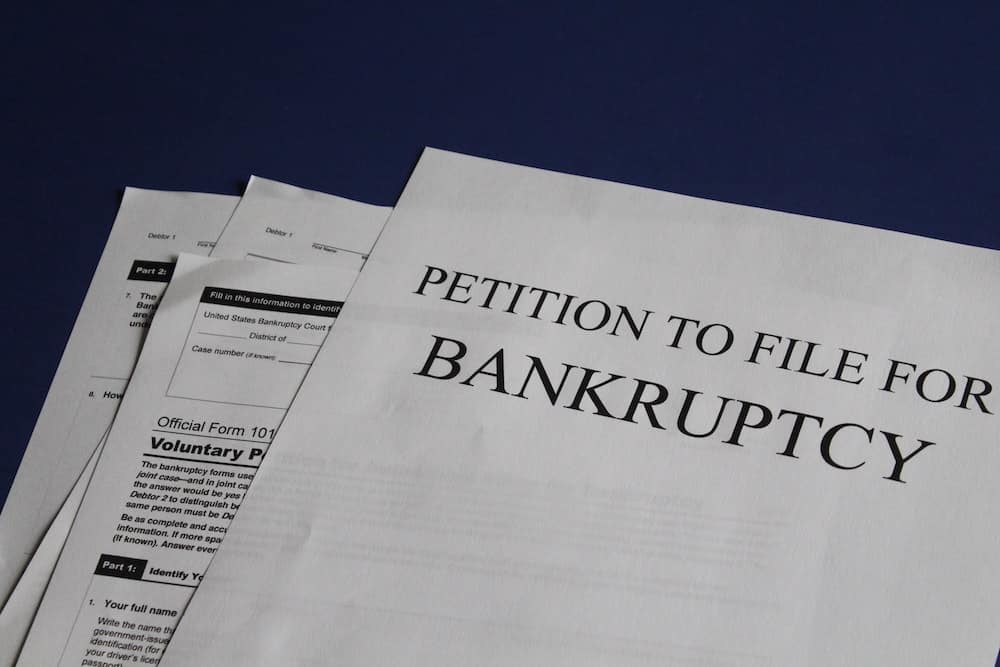In most cases, Chapter 7 Bankruptcy is a powerful tool to escape crippling debt, as it acts as an essential social safety net. It’s also something that can help many enjoy a fresh start, with all records of past debts permanently erased, and potential for improving credit score.
However, benefits aside, there are also some potential disadvantages to consider.

Pros
1.) Immediate relief. The moment you file your Chapter 7 Bankruptcy paperwork with the bankruptcy court, you get legal protection from creditors. The term for this is an “automatic stay,” where creditors are legally obliged not to contact you.
If debt collectors attempt to contact you, the court can legally take action against them. Should a creditor manage to contact you, however, give them your bankruptcy case number.
2.) Your debt is gone. Filing a Chapter 7 Bankruptcy means you can have many common types of debts erased – including those pertaining to personal loans, utility providers, medical bills, lawsuits, and cell phones. However, certain types of debts are unerasable, which we will discuss later on.
3.) Your credit score can potentially improve. People who need to file for Chapter 7 Bankruptcy typically have a credit score under 600. By having debts erased through this procedure, they receive a clean slate, which in turn, can improve credit score.
Once the court provides a discharge, you can start rebuilding your credit by sticking to a specific budget, using a secure credit card, or acting as a designated authorized user on a friend or family member’s card. All of these options can help you rebuild your credit score and enjoy a more secure financial future.
Cons
1.) Not all debts are erased. Filing a Chapter 7 Bankruptcy does not guarantee erasure of all liabilities. For instance, housing-related fees, alimony and child support payments, government fines or penalties, specific tax obligations, and student loans are all debts that you can’t rid yourself of.
2.) A credit score may go down if it’s already good. Assuming your credit score is 700 or higher, filing Chapter 7 Bankruptcy means that your credit score will most definitely plummet below 700. With that said, however, the majority of people who do end up filing for bankruptcy already have a poor credit score to begin with – and can expect to see an improvement once they file.
3.) Long-term ‘stain’ on your credit report. Filing for Chapter 7 Bankruptcy means that it will leave a permanent stain on your credit report – in many cases, up to 10 years. Anyone seeing your credit report to assess your suitability for a loan or mortgage can see it and may turn down your request, as a result. Furthermore, the debts that you were able to have erased will most likely be listed on your credit report, which may potentially affect your ability to secure a loan successfully.
4.) All your creditors will be notified. Whoever has lent you money in the past, including friends and family, will be officially notified – this can be embarrassing for some people who want to keep it under wraps.
- Tulip Mania – The Story of One of History’s Worst Financial Bubbles - May 15, 2022
- The True Story of Rapunzel - February 22, 2022
- The Blue Fugates: A Kentucky Family Born with Blue Skin - August 17, 2021